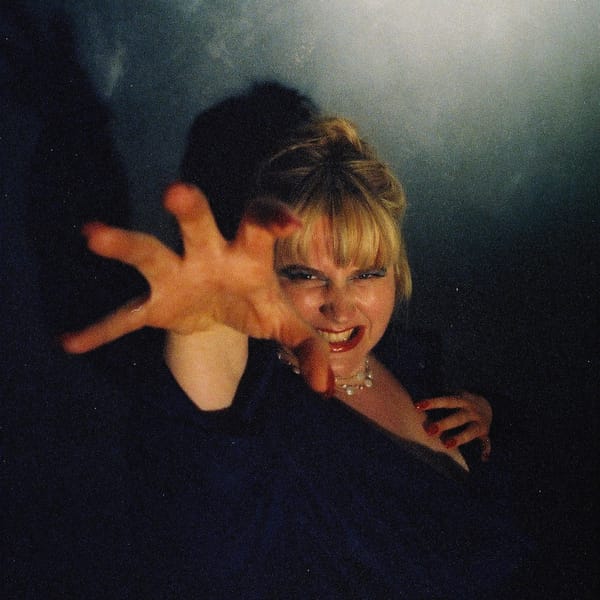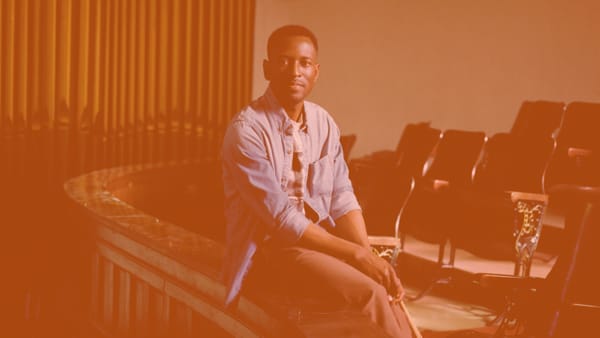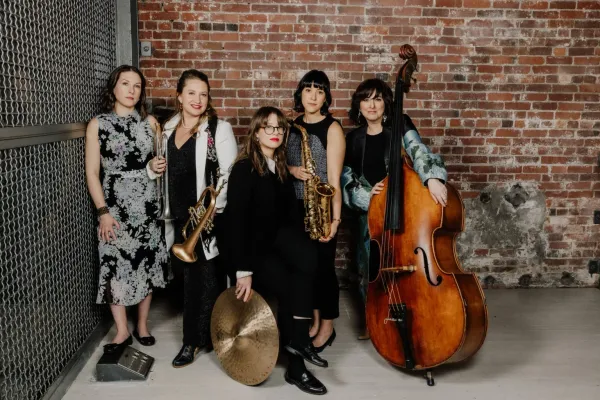Aimee-Jo Benoit: Horns of Hope
Calgary-based vocalist is stronger than ever on Joni, Leonard Cohen, and more arrangements
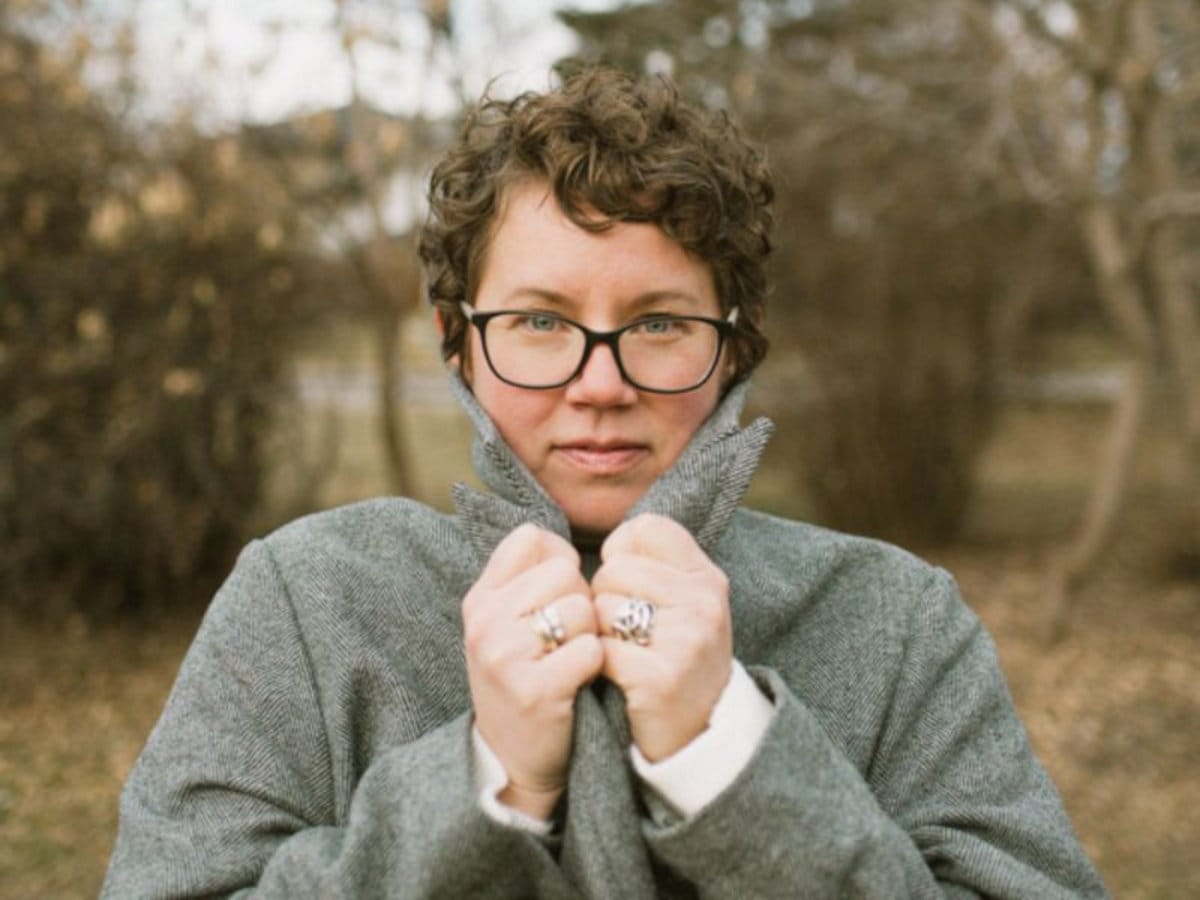
Calgary vocalist Aimee-Jo Benoit's Horns of Hope presents her voice stronger than ever, lovingly-crafted in OCL Studios just like her 2020 album Borjoner was, backed up this time by a band with horns in an arranging collaboration with trombonist Carsten Rubeling. I found the title fun, because the horns were the thing that I was most excited for when hearing about the project.
Notably for us in Vancouver, Dan Gaucher is on drums. Known for working all around our creative scene after relocating to BC from Benoit's Alberta, Gaucher brings a pep in his step to the band and activates each track with his sensitive but dynamic touch.
Borjoner, which came out days before I published my first-ever article at Rhythm Changes and shaped my very first views of what I'd be covering, was billed under Aimee-Jo Benoit and Trio Velocity. No horns, a roomier vocal capture, but a similar devotion to applying the arranger's touch on Canadiana and other choice repertoire – for Borjoner, it was an intimate arrangement of Nirvana's "All Apologies" as track one.
Now on Horns of Hope, "Barefoot" is a fanfare, cinematic and driving to perseverance. k.d. lang wrote this song for a soundtrack; Benoit, Rubeling, and company expand its intensity. On the other hand, Leonard Cohen's "Bird on a Wire" is next. The arrangement is fun in a high key for singing, not like the poised but darker-toned k.d. lang one.
The tracks are presented gapless, which is a cool choice that makes for more of a concept album. Mark DeJong's full-bodied tenor solo on the Kathleen Edwards song "A Soft Place to Land" is my favourite solo on the album. Mark Limacher, who is gaining fame for his work with Caity Gyorgy, is on thoughtfully-positioned piano in the band.
"Little Green", even if you put it on without checking the title, is identifiable as a Joni Mitchell song from the first word. The theme of bouncing back and regrowth continues to unfold with this track and with the next one, also a Joni song, "Moon at the Window". Benoit takes the original – Wayne Shorter plays on it! – a bit away from fusion and a bit closer to hard bop and contemporary vocal jazz, swinging for the first time on the record. "Love has two faces, hope and despair," Benoit sings. The snare drum sits in a shadow behind the bright horns.
"Where Will I Be" feels to me like the album's centerpiece and, even before I knew it was also written by Daniel Lanois, like a grand Empire Strikes Back sequel to Borjoner's track two, "I Love You". An interesting trumpet sound introduces the song; fascinating horn voicings fill it out as it builds.
Given "Where Will I Be" as the overture, the last two tracks are an intriguing coda, featuring unaccompanied bass clarinet, some free time, and lyrics about – appropriately – being free, which is a theme that came up earlier. First there's Sarah Harmer's "You Were Here", then a Benoit original, "Free". Is Horns of Hope a loss or breakup album with these two tracks as the entrance into the next chapter? The thing is, you're not withered, you're wisened. Your convictions are gathered, and it's time to make the most of another challenge that waits ahead.
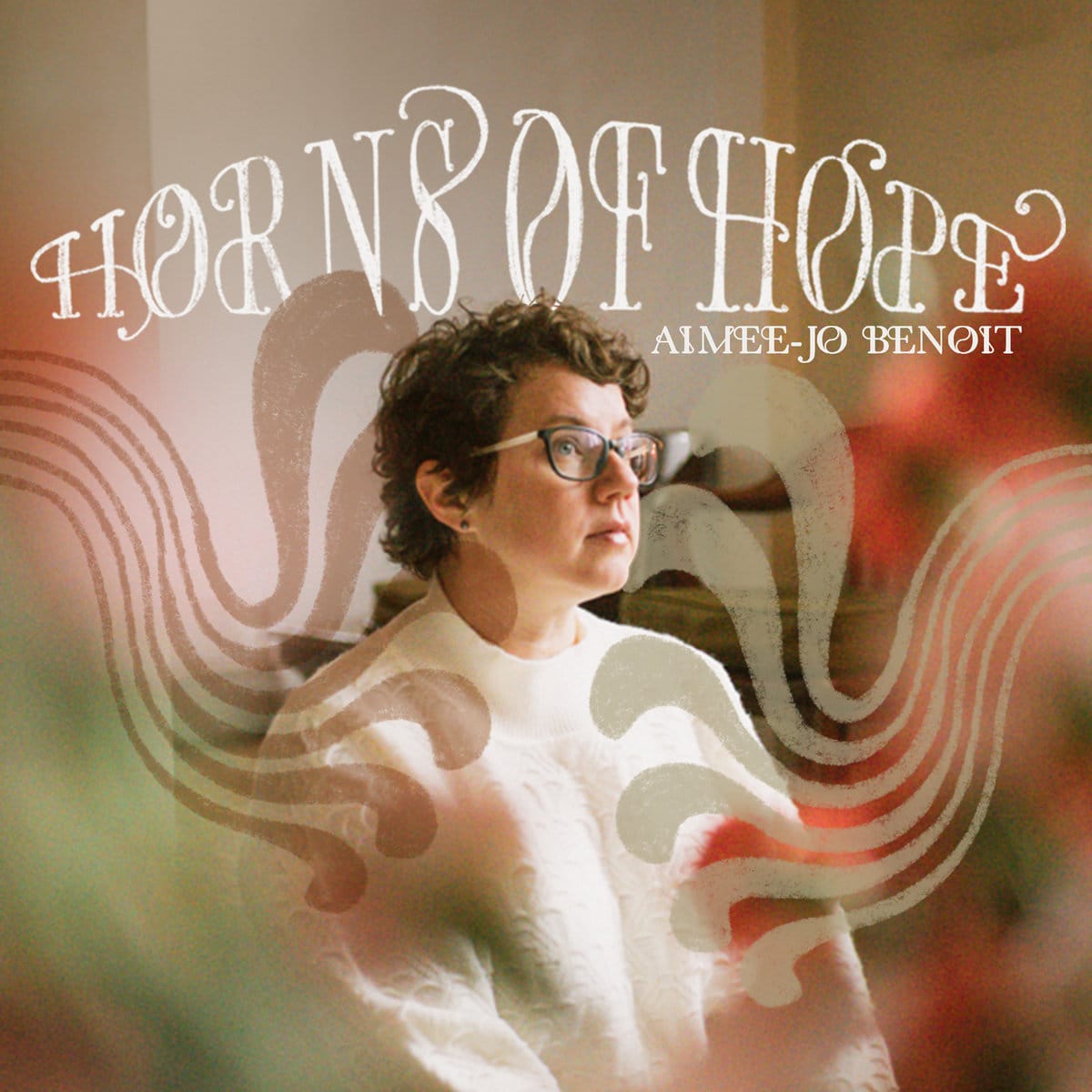
released Mar. 29, 2024 / Buy CD & digital (Chronograph Records) / Buy digital (Bandcamp) / available on streaming

